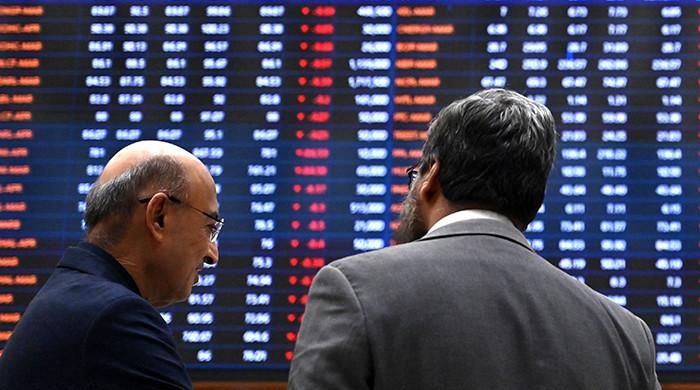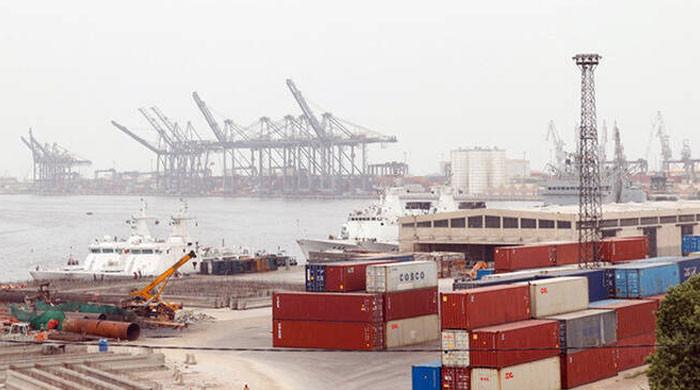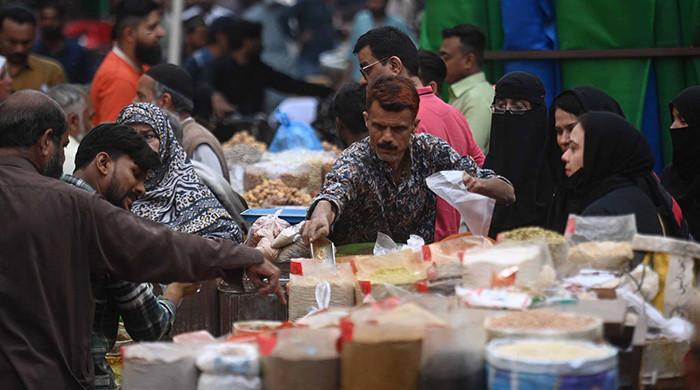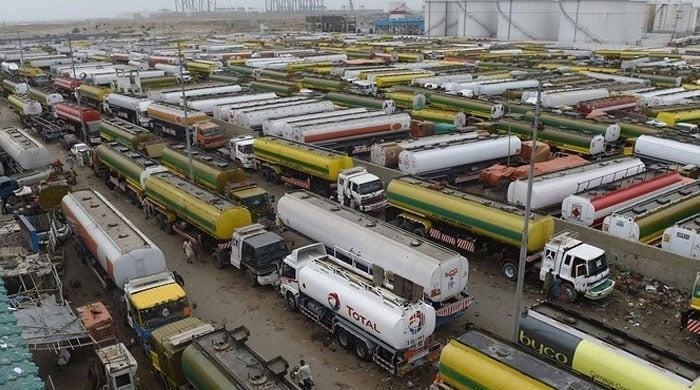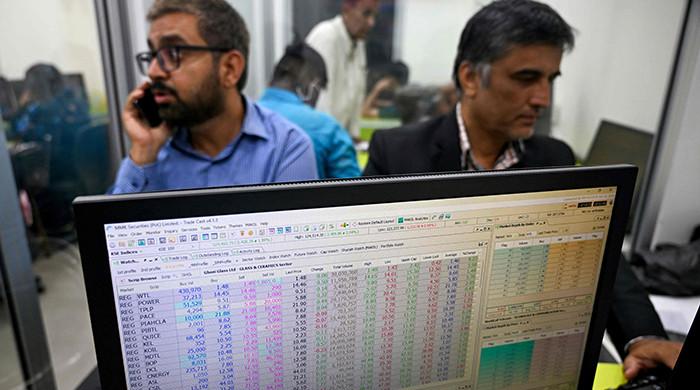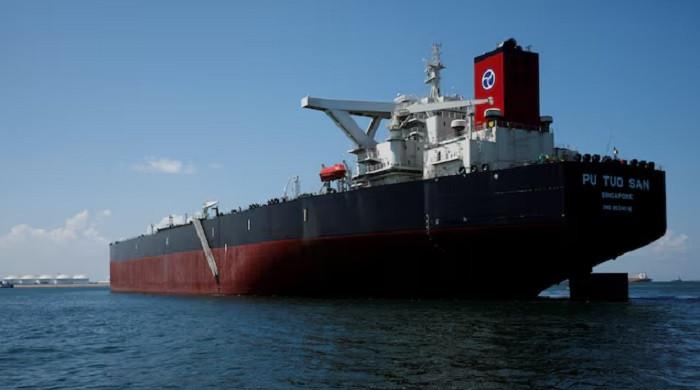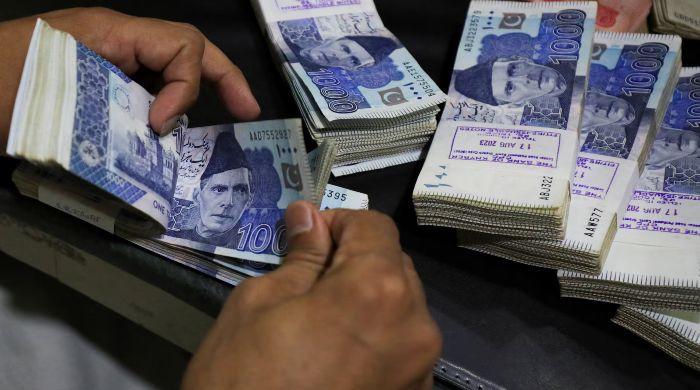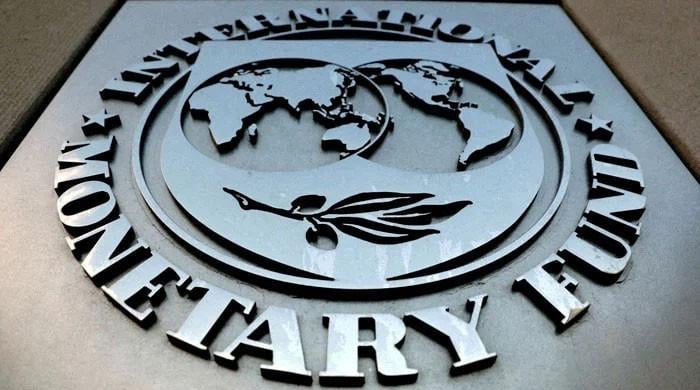Pakistan’s economic crisis likely turning into catastrophe, Atif Mian warns
Inflation is not only being fueled by large deficits and money printing, but foolish policy choices, economist says
April 05, 2023

- "The system is coming hinged,” Atif Mian says.
- Economist blames “foolish policy choices” for economic woes.
- "We are seeing uncertainty that results in flight of capital," he adds.
Economist Atif Mian on Wednesday claimed that the $350 billion Pakistan economy is in a “tailspin, going from crisis to catastrophe" as the nation teeters on the brink of a default as the International Monetary Fund’s (IMF) bailout hangs.
“The system is coming hinged,” Mian said, elaborating that this can be seen in the increasing stagflationary forces — growth is rapidly falling, and prices are rapidly rising.
The economist — in a detailed thread on Pakistan's economy shared on his Twitter handle — warned that these are “very worrying” signs.
“In effect, inflation is not only being fuelled by large deficits and money printing,” he said, blaming “foolish policy choices” that have seriously impacted the productive capacity of the economy.
The State Bank of Pakistan (SBP), a day earlier, raised its benchmark interest rate to a record 21% as inflation quickened by a fresh record in March months after authorities raised taxes and energy prices and allowed the currency to depreciate to meet IMF conditions and revive a $6.5 billion programme.
The US scholar reiterated that the “bigger worry now is that the entire system is getting unhinged.”
“We are witnessing the kind of uncertainty that results in the flight of both capital and humans — pushing further downward pressure on supply,” he wrote on Twitter.
“Judiciary, politicians, and generals — in the last couple of years have witnessed a level of chaos, infighting, and jostling for selfish power grabs that have brought the country to this catastrophe,” he said while referring to the ongoing political and constitutional crises in the country.
While the coalition government is struggling to woo the IMF to release the next tranche following which Pakistan will be able to secure funding from other multilateral and bilateral donors.
However, with inflation at all-time high and foreign currency reserves barely enough to cover a month of imports the people teeter to make ends meet.




